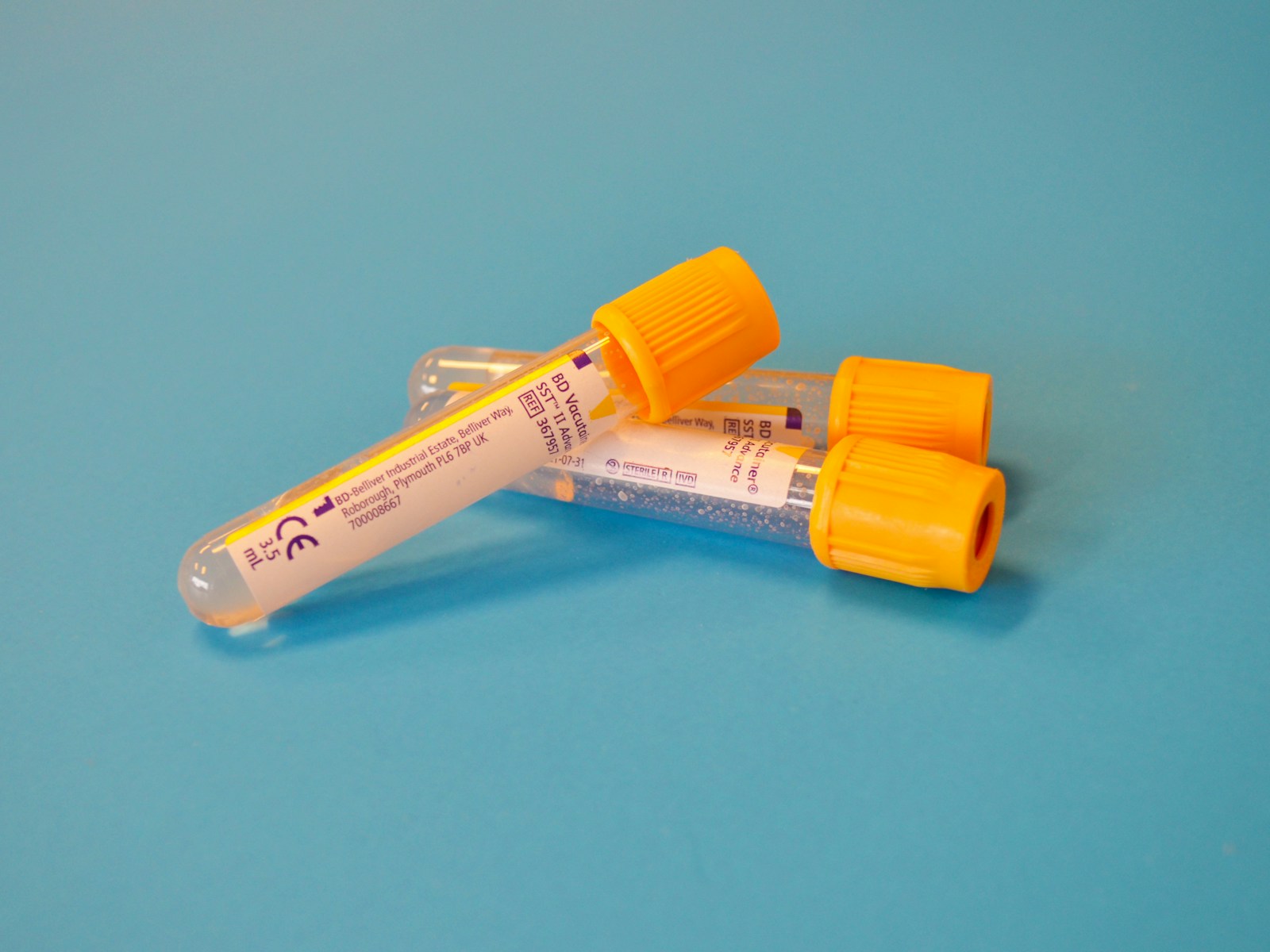Having a sexually transmitted disease (STD) can be scary, but getting tested is an important step to take care of your health. The good news is that there are many places to get free or low-cost STD testing. This way, you can find out your status and get treatment if you need it.
Finding Low-Cost or Free STD Testing
Here are some resources to help you find confidential STD testing in your area:
- Local health departments: Many city and county health departments offer free or low-cost STD testing. They usually test for common Sexually Transmitted Diseases like chlamydia, gonorrhea, and HIV. You can find your local health department’s website by searching online.
- Planned Parenthood: Planned Parenthood health centers offer confidential STD testing and treatment at many locations. You can find a Planned Parenthood health center near you on their website.
- Free clinics: There are many free clinics across the United States that offer STD testing. You can find a free clinic near you by searching online or calling the National Association of Free and Charitable Clinics.
How STD Testing Works
STD testing can be done in a few different ways, depending on the type of STD. Some common tests include:
- Urine test: This is a simple test that involves giving a sample of your pee.
- Swab test: This test involves gently swabbing the inside of your vagina, rectum, or penis.
- Blood test: This test involves taking a small amount of blood from your arm.
What to Do After You Get Tested
Once you get tested for Sexually Transmitted Diseases, it’s important to wait for your results. The clinic will tell you how long it will take to get your results and how they will contact you.
If your test results are positive, the clinic will talk to you about treatment options. Treatment for Sexually Transmitted Diseases depends on the type of STD you have. There are many effective medications available to treat most Sexually Transmitted Diseases.
Here are some medications commonly used to treat Sexually Transmitted Diseases:
- Amoxicillin: This is an antibiotic used to treat chlamydia.
- Azithromycin: This is another antibiotic used to treat chlamydia.
- Cephalosporin: This type of antibiotic can be used to treat gonorrhea.
- Acyclovir: This medication can help shorten the healing time of outbreaks and reduce the number of outbreaks you have each year (for herpes).
- Antiretroviral therapy (ART): This is a combination of medications used to treat HIV.
Taking Care of Yourself
Getting tested for Sexually Transmitted Diseases is an important part of taking care of your sexual health. Here are some other things you can do to stay healthy:
- Use condoms every time you have sex.
- Get vaccinated against HPV.
- Talk to your partner about your sexual history.
- See your doctor for regular checkups.
FAQs
- Is STD testing painful? Some STD tests can be uncomfortable, but they are not usually painful.
- How long does it take to get STD test results? This can vary depending on the type of test, but it usually takes a few days to a week.
- What if I can’t afford STD testing? There are many resources available to help you get free or low-cost STD testing.
- Is STD testing confidential? Yes, STD testing is confidential. Your results will not be shared with anyone without your permission.
- What should I do if my STD test results are positive? If your STD test results are positive, the clinic will talk to you about treatment options. There are many effective medications available to treat most Sexually Transmitted Diseases.
- Taking care of your sexual health is important. Don’t wait to get tested for Sexually Transmitted Diseases if you think you might be at risk.



